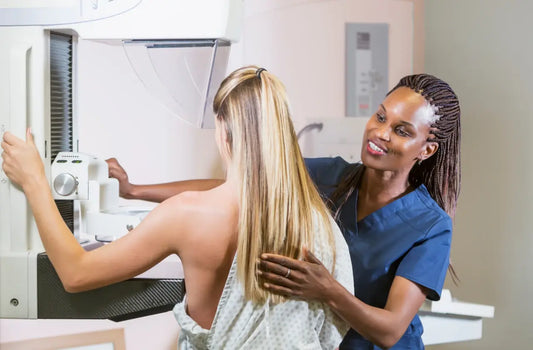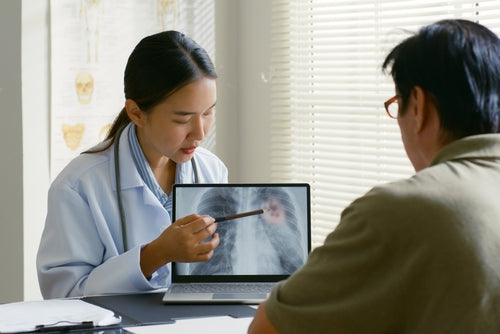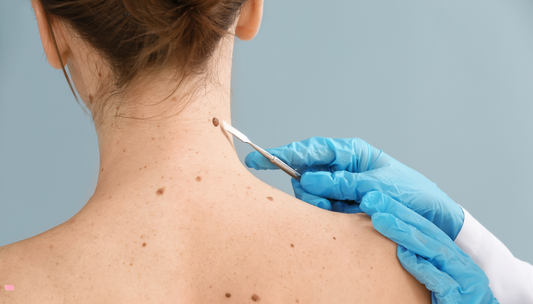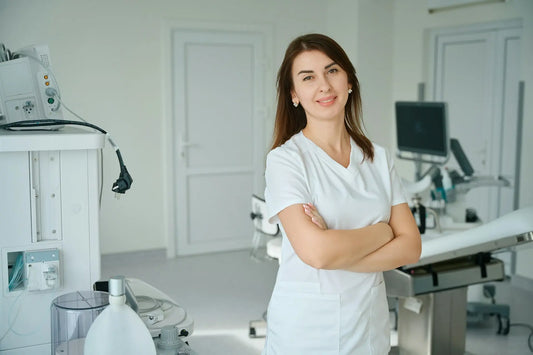
At Home Bowel Cancer Screening Test Kit
BowelCheck, the easy, accurate, and private at-home qFIT screening test for early bowel cancer detection for customers aged 45+. Simple...
Find out more
At-Home HPV Test for Cervical Cancer Screening
HPVCheck, the simple, non-invasive and private at-home screening test for early cervical cancer detection for women aged 25+. No doctor’s...
Find out more
Prostate Cancer Screening Test
PSACheck, the easy, accurate, and private at-home screening test for early prostate cancer detection for men aged 40+. Simple at-home...
Find out more
Breast Cancer Mammogram Screening
Detect breast cancer at an early stage – for women without symptoms aged 40+ Expert-reviewed scans: All mammograms are analysed by...
Find out more
Lung Cancer Screening Test
LungCheck, the easy, accurate, screening test for early lung cancer detection for qualifying customers aged 50+ with a heavy smoking...
Find out more
Skin Cancer Diagnosis
Expert skin cancer diagnosis for people with skin symptoms aged 18+ Rapid access & fast results: No long waiting times; expert...
Find out more
Private Breast Cancer Diagnosis & Screening
Fast, expert-led breast cancer diagnosis at clinics across the UK Fast track, one-stop, breast cancer diagnosis for customers with symptoms...
Find out more
Cancer Genetic Counselling
If you have a strong family history of cancer or have recently been diagnosed with breast, ovarian, bowel, or prostate...
Find out more- Choosing a selection results in a full page refresh.
- Opens in a new window.




